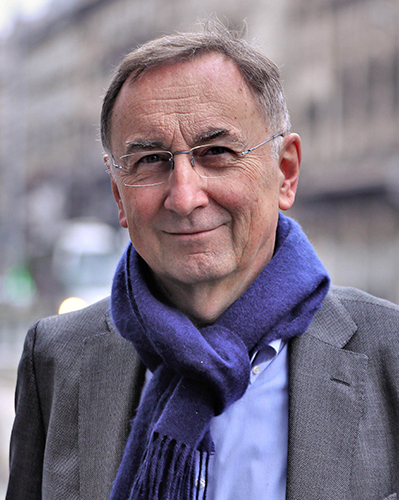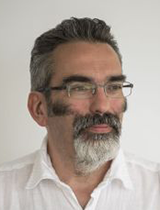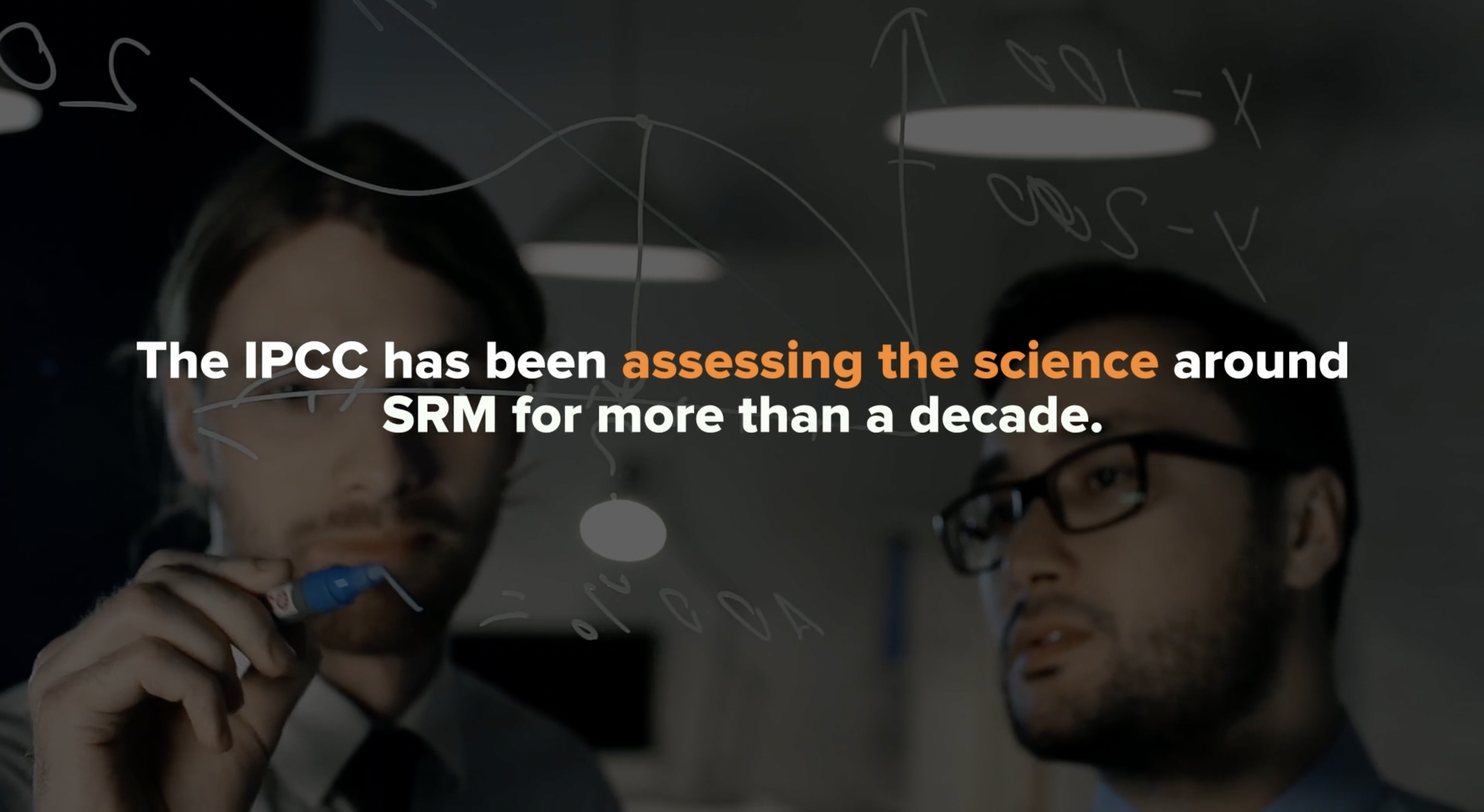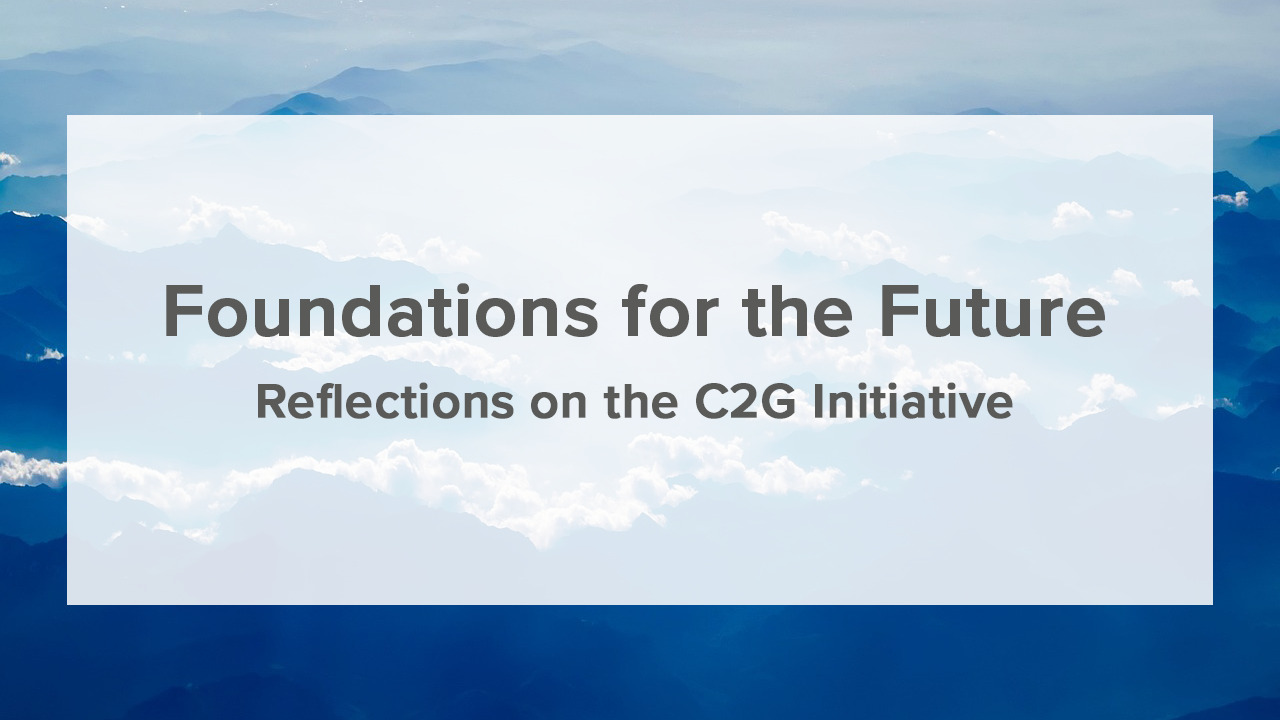The Delivery of C2G’s Mission
A catalytic journey toward governance of large-scale CDR and SRM – perspectives from stakeholders
30 October 2023
10:00 AM – 12:00 PM EDT
Background:
The Carnegie Climate Governance Initiative (C2G) is an independent, time-limited, international initiative linked to the Carnegie Council for Ethics in International Affairs (CCEIA), funded by philanthropy. C2G’s purpose is to bring to governments’ attention the urgent need to address the governance of emerging climate-altering techniques, including carbon dioxide removal (CDR) and solar radiation modification (SRM).
Following completion of its mission, C2G will close-down at the end of 2023. As part of our final activities, C2G is planning a hybrid event on 30 October to celebrate C2G’s 7 years of achievement and share lessons learned looking back at major challenges, advancements and milestones related to the governance of CDR and SRM, as well as to provide an opportunity to look ahead to all that has yet to be accomplished.
Agenda
| Welcome | Joel Rosenthal, President, Carnegie Council for Ethics in International Affairs |
| Keynote speech | Gabriela Ramos, Assistant Director-General for the Social and Human Sciences, UNESCO |
| Introductory speech | Janos Pasztor, Executive Director, Carnegie Climate Governance Initiative |
| Panel discussion |
Facilitator: Janos Pasztor, Executive Director, Carnegie Climate Governance Initiative Panelists:
|
| Question & Answer with the audience | Facilitator: Janos Pasztor, Executive Director, Carnegie Climate Governance Initiative |
| Closure | Janos Pasztor, Executive Director, Carnegie Climate Governance Initiative |
Speakers
Joel Rosenthal, President, Carnegie Council for Ethics in International Affairs
Joel H. Rosenthal is president of Carnegie Council for Ethics in International Affairs. As a nonprofit leader, scholar, and teacher he works to empower ethical action, with a particular focus on U.S. foreign policy, issues of war and peace, human rights, and pluralism. At Carnegie Council, Rosenthal leads a team that identifies critical ethical issues, convenes experts, and produces agenda-setting resources to educate and activate communities globally.
He is also editor-in-chief of the Ethics & International Affairs journal published by Cambridge University Press and serves on the advisory board for the Bard College Globalization and International Affairs program. Rosenthal’s first book Righteous Realists is an examination of the political realists who shaped post-WWII America in the nuclear age, including Hans Morgenthau, Reinhold Niebuhr, and George Kennan.
He is the recipient of numerous awards including the Distinguished Scholar Award from the International Studies Association for his lifetime achievement in international studies and an Honorary Degree of Doctor of Social Science from the University of Edinburgh. Rosenthal received his Ph.D. from Yale University and B.A. from Harvard University.
Gabriela Ramos, Assistant Director-General for the Social and Human Sciences, UNESCO
Gabriela Ramos is the Assistant Director-General for the Social and Human Sciences of UNESCO, where she oversees the institution’s contributions to building inclusive societies. Her mandate includes tackling economic inequalities of income and opportunity, and promoting social inclusion and gender equality. She also oversees the youth support agenda, promotion of values through sport, fight against racism and discrimination, and ethics of science, including of neurotechnology and the internet of things. She has overseen the development and adoption of the first global instrument to promote the ethics of artificial intelligence, adopted by acclamation in 2021 by UNESCO’s General Conference. She also launched the Global Forum against Racism, to catalyse the political support that member countries have given to this cause. On gender, she has advanced several initiatives, particularly to combat gender stereotypes and biases, including in new technologies.
Previously, Gabriela Ramos worked as Cabinet Director and Sherpa for G20/G7APEC at the OECD, contributing to increasing the OECD’s global impact and leading key initiatives such as “Inclusive Growth”, “New Approaches to Economic Challenges”, “Climate Change and Growth”, the gender strategy and work on well-being and children. At the G20, she contributed to the international reform of tax systems; the adoption of the gender quota (to reduce the labour gap) and the establishment of the W20; and the adoption of the principles of artificial intelligence, among others. She also oversaw Global Relations and the OECD’s membership enlargement process.
Alicia Buenrostro, Ambassador and Deputy Permanent Representative, Permanent Mission of Mexico to the United Nations, New York (TBC)
Clara Botto, Co-founder, SRM Youth Watch
Clara has been engaged with sustainable development at a grassroots and international level, from arts to politics, for the past 8 years. She is currently one of C2G’s Youth Climate Voices developing the platform SRM Youth Watch looking into young people’s perspective of the governance of solar radiation modification, campaigns with World’s Youth for Climate Justice seeking an Advisory Opinion from the International Court of Justice on the climate crisis as a human rights issue, is a New European Voice on Existential Risk with the European Leadership Network and is the Science-Policy Thematic Facilitator of the Major Group on Children and Youth to UNEP.
She holds a MSc in International Development and Public Policy, having written her thesis as a policy case study of deep sea mining in Portugal, and a BSc in Business with focus in Creative Economy and Marketing, where she researched about sustainable fashion and the universities’ lack of preparation to equip youth for sustainable development in Rio de Janeiro.
Specifically on SRM, Clara has also been an observer in the Marine Cloud Brightening fieldwork taking place in the Great Barrier Reef in Australia, participated at the workshop “Managing the Contribution to Global Catastrophic Risk from Climate Change and Solar Radiation Modification” organised by the Centre for the Study of Existential Risk from Cambridge University, joined the Arctic Ice Project’s annual fundraising event in California, and written a statement and science policy brief for the UN’s 8th STI Forum.
Oliver Morton, Senior Editor, Briefings, The Economist
Oliver Morton is currently a senior editor at The Economist, and previously worked at Nature and Wired and contributed to a range of other publications, including The New York Times and Science. He is the author of: Mapping Mars: Science, Imagination and the Birth of a World; Eating the Sun: How Plants Power the Planet; The Planet Remade: How Geoengineering Could Change the World; and The Moon: A History for the Future. Asteroid 10716 Olivermorton is named in his honour.
Thelma Krug, Former Vice-Chair, IPCC and former researcher, Brazilian National Institute for Space Research
Thelma Krug is a former researcher at the Earth Observation Coordination at the National Institute for Space Research in Brazil, under the Ministry of Science, Technology, Innovation and Communication (MCTIC).
She was elected Vice-Chair of the Intergovernmental Panel on Climate Change (IPCC) for the Sixth Cycle of Panel (October 2015 – October 2022), after having been co-chair of the IPCC Task Force on National Greenhouse Gas Inventories from 2002 until 2015. She holds a PhD on Spatial Statistics from the University of Sheffield, UK. She has been Deputy National Secretary at the Secretary on Policies and Programs of Science and Technology at MCTIC; National Secretary at the Secretary on Climate Change and Environmental Quality from the Ministry of the Environment (MMA) and Director of the Department on Policies to Combat Deforestation under the Secretary of Climate Change and Forests at MMA.
For more than 15 years she has represented Brazil in the negotiations at the United Nations Framework Convention on Climate Change (UNFCCC), with particular focus on issues related to land use, land-use change and forestry (LULUCF); research and systematic observations; and reporting guidelines. Her main areas of interest are climate change and the role of deforestation, forest degradation and land-use change; REDD+; and national greenhouse gas inventories.
Shuchi Talati, Founder and Executive Director, the Alliance for Just Deliberation on Solar Geoengineering
Dr. Shuchi Talati is an emerging climate technology and governance expert and the founder of The Alliance for Just Deliberation on Solar Geoengineering. She is also currently a co-chair of the Independent Advisory Committee to oversee SCoPEx, an effort to provide oversight for the potential outdoor solar geoengineering experiment proposed by Harvard University. Dr. Talati is a Visiting Scholar at the Kleinman Center for Energy Policy at the University of Pennsylvania and a Scholar in Residence at Forum for Climate Engineering at American University. She most recently served as a Presidential Appointee in the Biden-Harris Administration as Chief of Staff of the Office of Fossil Energy & Carbon Management at the U.S. Department of Energy where she was focused on creating just and sustainable frameworks for carbon dioxide removal. She was also previously the Deputy Director of Policy at Carbon180 and the Fellow on geoengineering research governance and public engagement at the Union of Concerned Scientists. Dr. Talati was a AAAS/AIP Congressional Science Fellow in the U.S. Senate and served at the White House Office of Science and Technology Policy under President Obama. Dr. Talati earned a BS in environmental engineering from Northwestern University, an MA in climate and society from Columbia University, and PhD from Carnegie Mellon in engineering and public policy
Janos Pasztor, Executive Director, Carnegie Climate Governance Initiative

Earlier, he was Acting Executive Director for Conservation (2014), and Policy and Science Director (2012-2014), at WWF International. He directed the UNSG’s Climate Change Support Team (2008-2010) and later was Executive Secretary of the UNSG’s High-level Panel on Global Sustainability (2010-2012). In 2007 he directed the Geneva-based UN Environment Management Group (EMG). During 1993-2006 he worked and over time held many responsibilities at the Climate Change Secretariat (UNFCCC), initially in Geneva and later in Bonn.
His other assignments included: the Secretariat of the UN Conference on Environment and Development (Earth Summit ’92); Stockholm Environment Institute; United Nations Environment Programme (UNEP); Secretariat of the World Commission on Environment and Development (Brundtland Commission); the Beijer Institute; and the World Council of Churches. He has BSc and MSc degrees from the Massachusetts Institute of Technology (MIT).
Highlights
Opening remarks
Joel Rosenthal
President, Carnegie Council for Ethics in International Affairs
Keynote speech
Gabriela Ramos
Assistant Director-General for the Social and Human Sciences, UNESCO
Final remarks
Janos Pasztor
Executive Director, Carnegie Climate Governance Initiative
Introductory speech
Janos Pasztor
Executive Director, Carnegie Climate Governance Initiative







